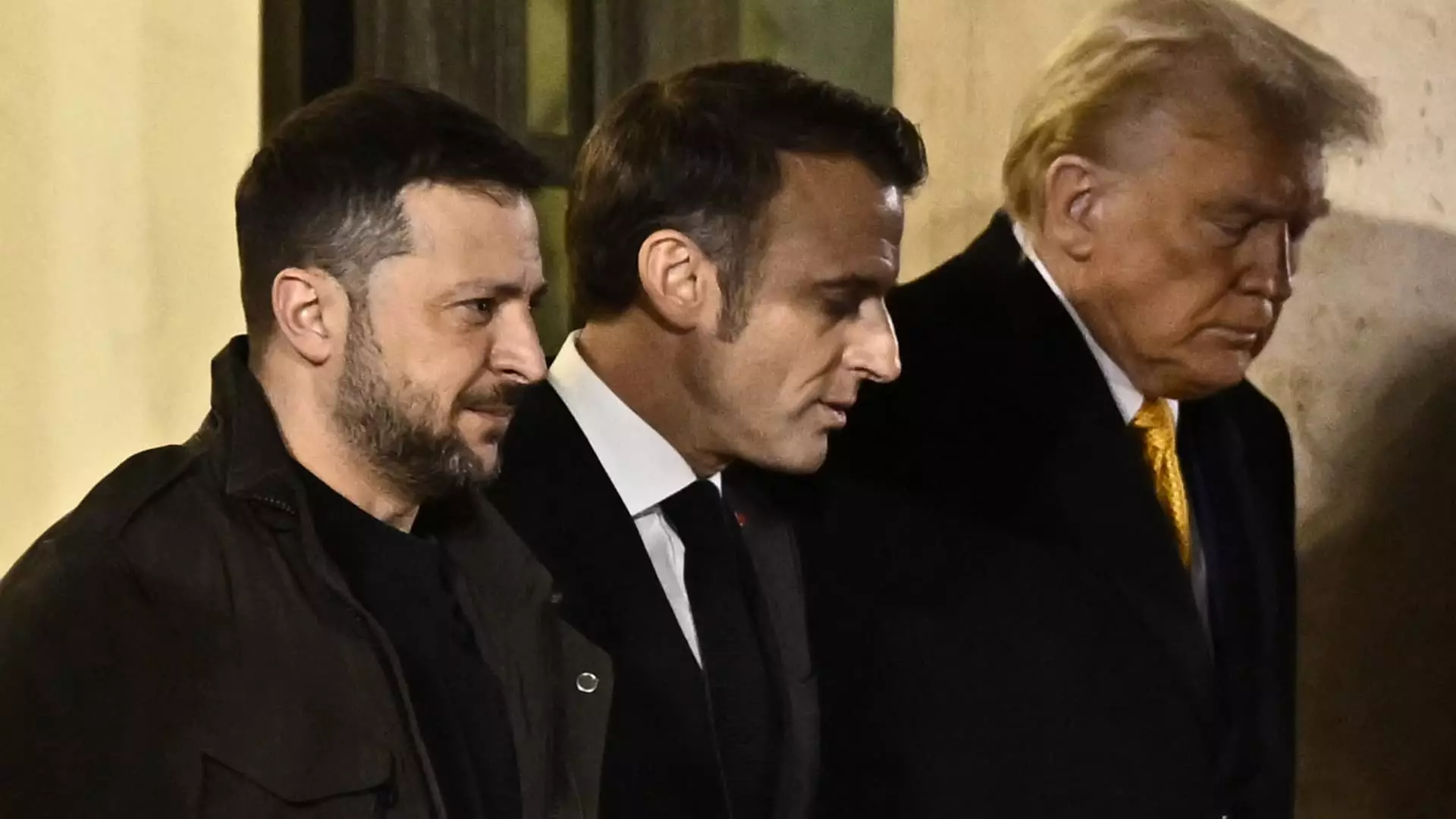The ongoing conflict between Russia and Ukraine has not only drawn international attention but has also raised questions about the influence and involvement of key players, particularly Europe. As the United States and Russia prepare for crucial negotiations in Saudi Arabia aimed at ending this near-three-year conflict, European leaders are increasingly concerned about their marginalization in these high-stakes discussions. This article dives into the current geopolitical dynamics at play, highlighting Europe’s urgent call for participation in peace talks that could shape the continent’s security landscape for years to come.
In light of these new developments, French President Emmanuel Macron has convened an emergency summit in Paris, bringing together leaders from several European nations. The timing is critical: following the Munich Security Conference, where optimism about Europe’s involvement fizzled, the urgency to assert a role in forthcoming negotiations has never been more pronounced. This summit is not just a mere formality but a reaction to a palpable sense of exclusion that European leaders now face in the context of the Russia-Ukraine war.
In the looming discussions, which are set to be spearheaded by U.S. Secretary of State Marco Rubio and Russian Foreign Minister Sergei Lavrov, the stakes are high. Discussions of this caliber naturally prompt speculations about the future of Europe’s strategic relevance in global security matters. With U.S. and Russian interests dominating the agenda, the question arises—will Europe’s perspective be noted, or will it be reduced to an afterthought?
Ukraine’s Dilemma: Excluded from Its Own Negotiations
Complicating matters is the Ukrainian position during these negotiations. President Volodymyr Zelenskyy has made it clear that Ukraine will not engage in initial talks between the U.S. and Russia, stating unequivocally that negotiations held without its involvement are futile. This sentiment is pivotal; it highlights a critical concern: that Ukraine’s sovereignty and needs could easily be overlooked in discussions that directly affect its fate.
Zelenskyy’s assertion serves as a wake-up call not just for the United States but also for European leaders. If Ukraine is absent from talks about its future, the resulting agreements could neglect the realities on the ground, inherently risking the establishment of a peace that could be as fragile as the conflict itself.
U.S. envoy Keith Kellogg’s statement regarding the limited role of the European Union and the U.K. in the negotiations has intensified the debate about allied interests versus collective security approach. With the U.S. signaling a preference for focused discussions, there appears to be a deliberate distancing from large multiparty negotiations. This raises concerns among European leaders who are now grappling with an identity crisis in their diplomatic posture.
The Russian foreign minister, Lavrov, echoed the sentiment of uncertainty regarding Europe’s role, questioning the utility of European nations participating in the dialogue. Such statements foster an environment where European nations find themselves sidelined at the table. This exclusion could lead to underestimating their capacities and contributions, ultimately diluting any peace agreement’s effectiveness.
Calls for Unity: The European Perspective
European leaders, aware of the precarious situation, assert that any peace settlement without their involvement would be incomplete. European Commission President Ursula von der Leyen has articulated that lasting peace is inextricably linked to European engagement in negotiations. The sentiment is echoed by Kaja Kallas, the EU’s foreign policy chief, who emphasizes that peace cannot be established without incorporating both Ukrainians and Europeans at the negotiating table.
During the Paris summit, leaders such as Germany’s Chancellor Olaf Scholz and Poland’s Prime Minister Donald Tusk were vocal about the necessity of unifying their efforts to ensure a cohesive strategy toward peace. There is an emerging consensus that a fragmented European stance would only weaken its position and potentially allow external pressures to dictate terms unfavorable to its interests.
As European leaders gather in Paris to discuss their role in the upcoming peace talks, their actions will determine whether they can reclaim a significant position in international diplomacy surrounding the Russia-Ukraine conflict. With the backdrop of a rising threat to European security, the stakes have never been higher. The next few days will not only prove vital for Ukraine’s future but also for the European Union’s credibility on the world stage. By asserting their role, European nations can work collaboratively to ensure that their voices are heard, shaping a more stable and secure Europe in the process.


Leave a Reply